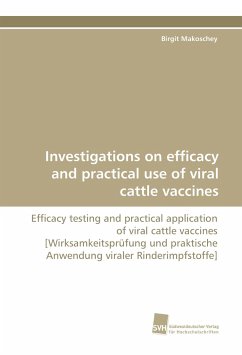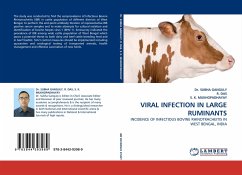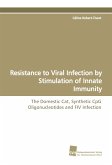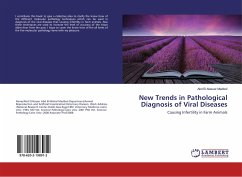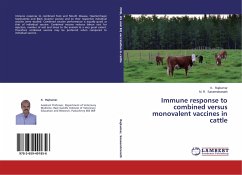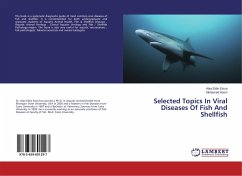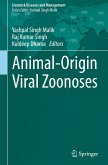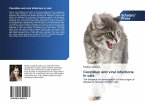Vaccines against the bovine viral diarrhoea virus (BVDV), the bovine Herpesvirus 1 (BoHV 1) and the bovine respiratory syncytial virus (BRSV), were evaluated in the context of vaccine testing for licensing purposes and field use. Challenge models for the three viruses were investigated. While clinical signs and high levels of virus excretion could be reproduced after infection with BoHV-1 wild type, disease was less pronounced and virus titers were lower after infection with BRSV and BVDV field viruses. Additional parameters need to be assessed to allow conclusions on vaccine efficacy against these two viruses. Contact with a PI animal was found to be suitable as challenge procedure for BVDV 2 but attempts to develop a dual fetal challenge procedure for BVDV 1 and 2 failed. The immune response after combined application of a live IBR marker vaccine and inactivated BVD or BRSV vaccines was determined. Possibilities for interference of vaccination with the interpretation of antibody tests in BVDV and IBR disease control programs were investigated. Finally, potential risks of the unintended immunisation by use of vaccines were evaluated.
Bitte wählen Sie Ihr Anliegen aus.
Rechnungen
Retourenschein anfordern
Bestellstatus
Storno

